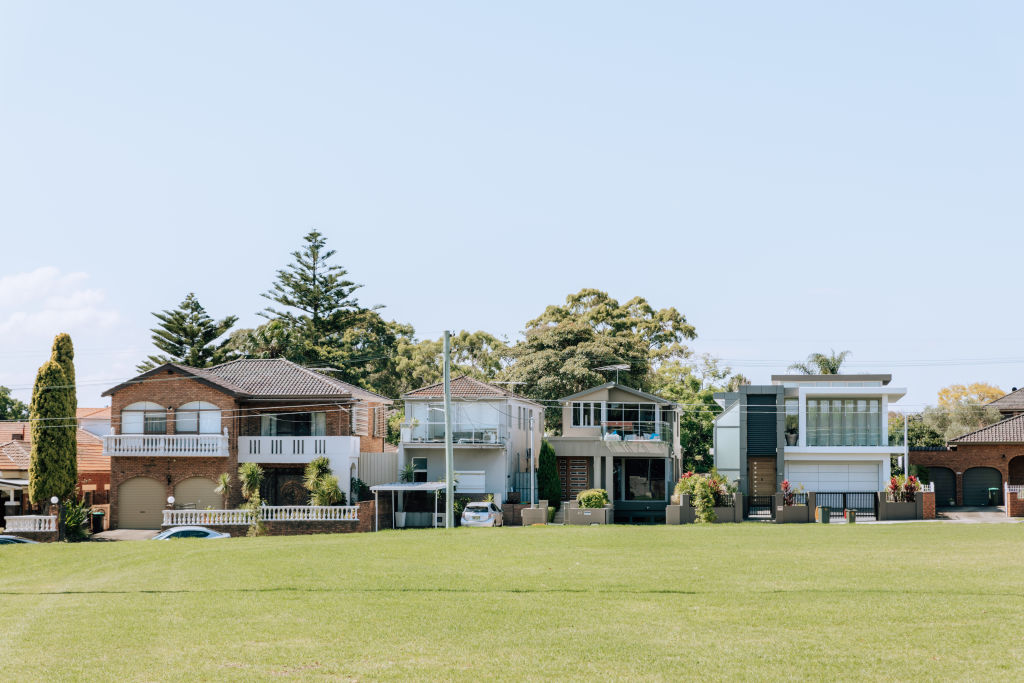Why you should consider a buyer's advocate when choosing an investment property

Is there value in hiring a buyer’s advocate when you’re looking for an investment property? Opinions are divided.
“If I had to choose between using a buyer’s agent for an investment property or one for an owner-occupier, I’d go for the investment every time,” says Cate Bakos, president of the Real Estate Buyers Agents Association of Australia.
“With an investment property, you want it to help you build wealth and, if you end up with one that under-performs rather than one with a great performance, that can make a huge difference, financially.
“If it’s your own family home that’s underperforming, then maybe it ticked other boxes for you. But it’s heartbreaking to buy an investment that’s a dud.”
Bakos says that a buyer’s advocate is best placed to find a good property, assess all its vitals, help you buy it, advise on the tax implications and find you a good property manager.
But some other professionals in the real estate industry disagree. Most regular property buyers, they argue, have a really good idea these days of the type of property they want and where they want it, and an advocate will only duplicate the searches they’re already undertaking.

For instance, Scott Aggett, the founder of property negotiator service Hello Haus, says that most Australians find their own properties, and always have done, and most buyers’ agents won’t unearth any more for consideration than they’ve already discovered.
“If you’re time-poor or lazy, and can’t look for your own properties, then a third party can find you a home, although it might not be the right home,” he says.
“But what buyers really need is someone to analyse the value of that property and negotiate the deal with a skilled real estate professional. It’s in those danger zones that buyers are out of their depth.
“That’s where you need a third party to come in and assess the property and handle the negotiation on price. And instead of paying a buyer’s agent 1.5 per cent or 2 per cent of what you buy the property for, you only pay us out of the saving you make on the property.”
Under the Hello Haus model, the buyer sets the target price and the company’s “performance fee” is paid from the savings negotiated.
You’re also given a free buyer’s course with tips to help your search, like setting up Domain alerts for properties and looking at all the recent sales of the kind of properties you’d like in your preferred areas and then sending one BCC email to all those agents every week, outlining what you’re after.
Real Estate Institute of Australia president Hayden Groves, however, believes there is a place for buyers’ advocates.
“They offer great value, especially if you’re time-poor and looking to expand your portfolio,” he says. “They significantly mitigate the risk of buying a bad investment and assist you with the subtle nuances.
“A sales agent is judiciary-bound to act in the best interests of the vendor, so it’s good to have someone on your side to negotiate.”
We recommend
States
Capital Cities
Capital Cities - Rentals
Popular Areas
Allhomes
More
- © 2025, CoStar Group Inc.







